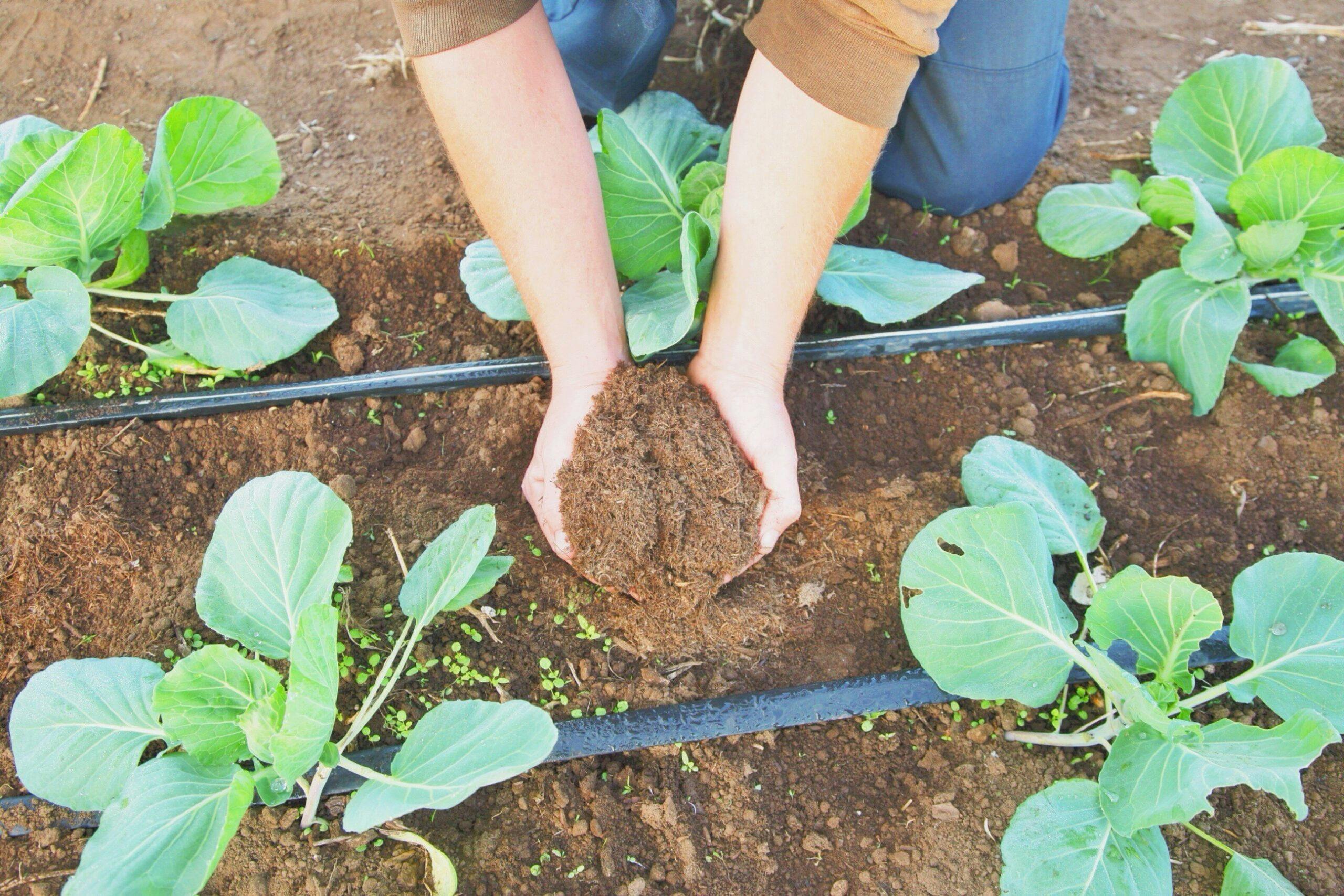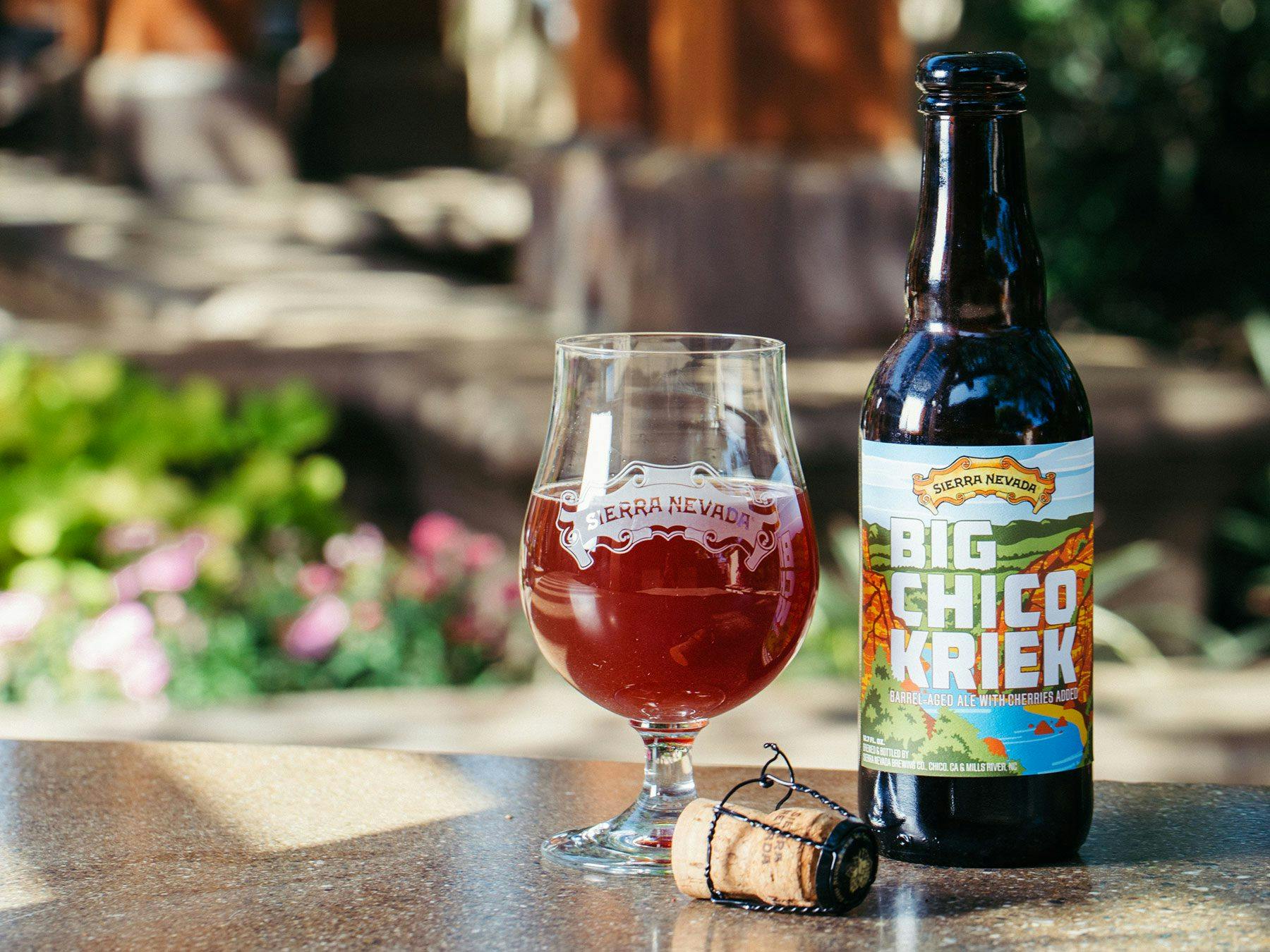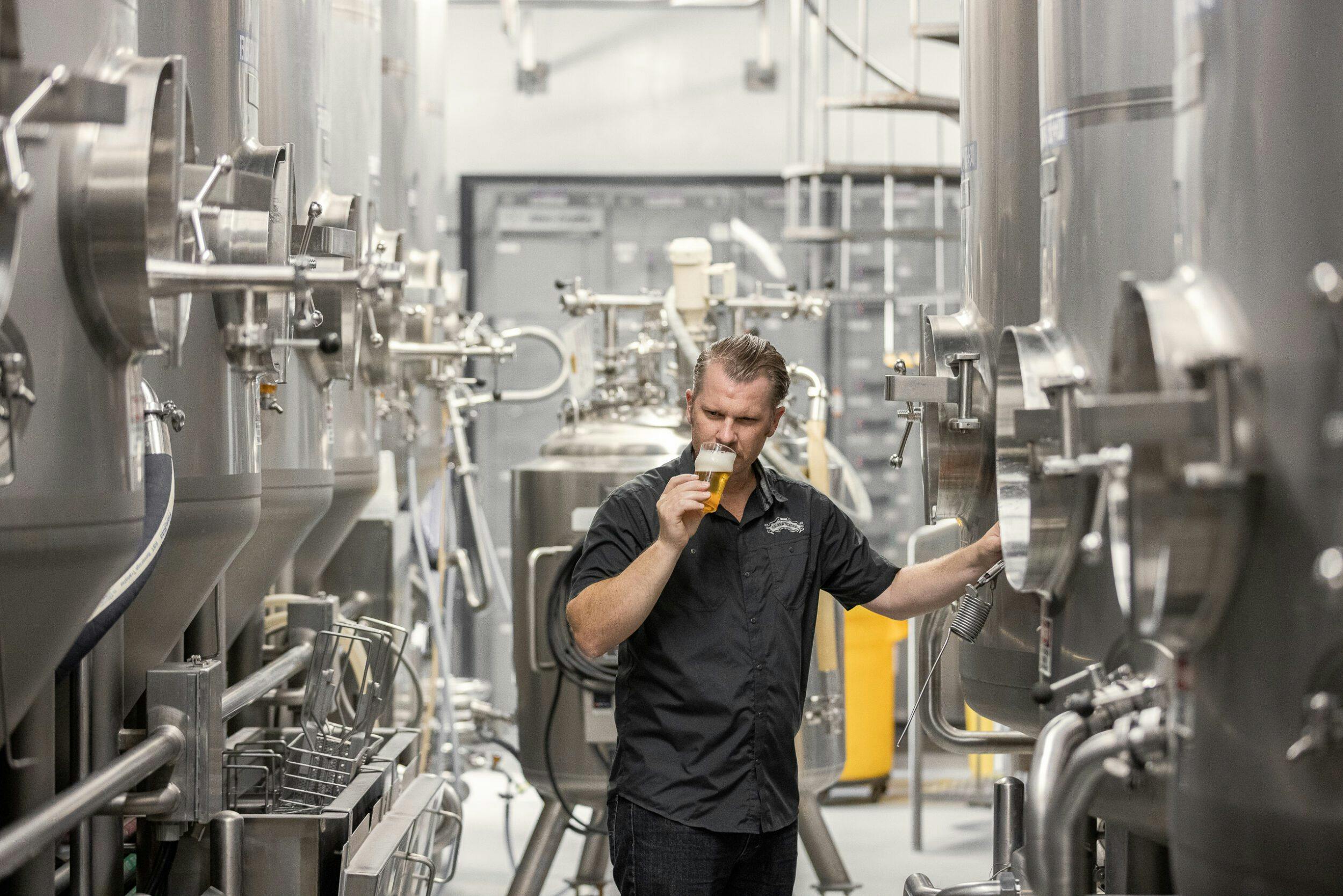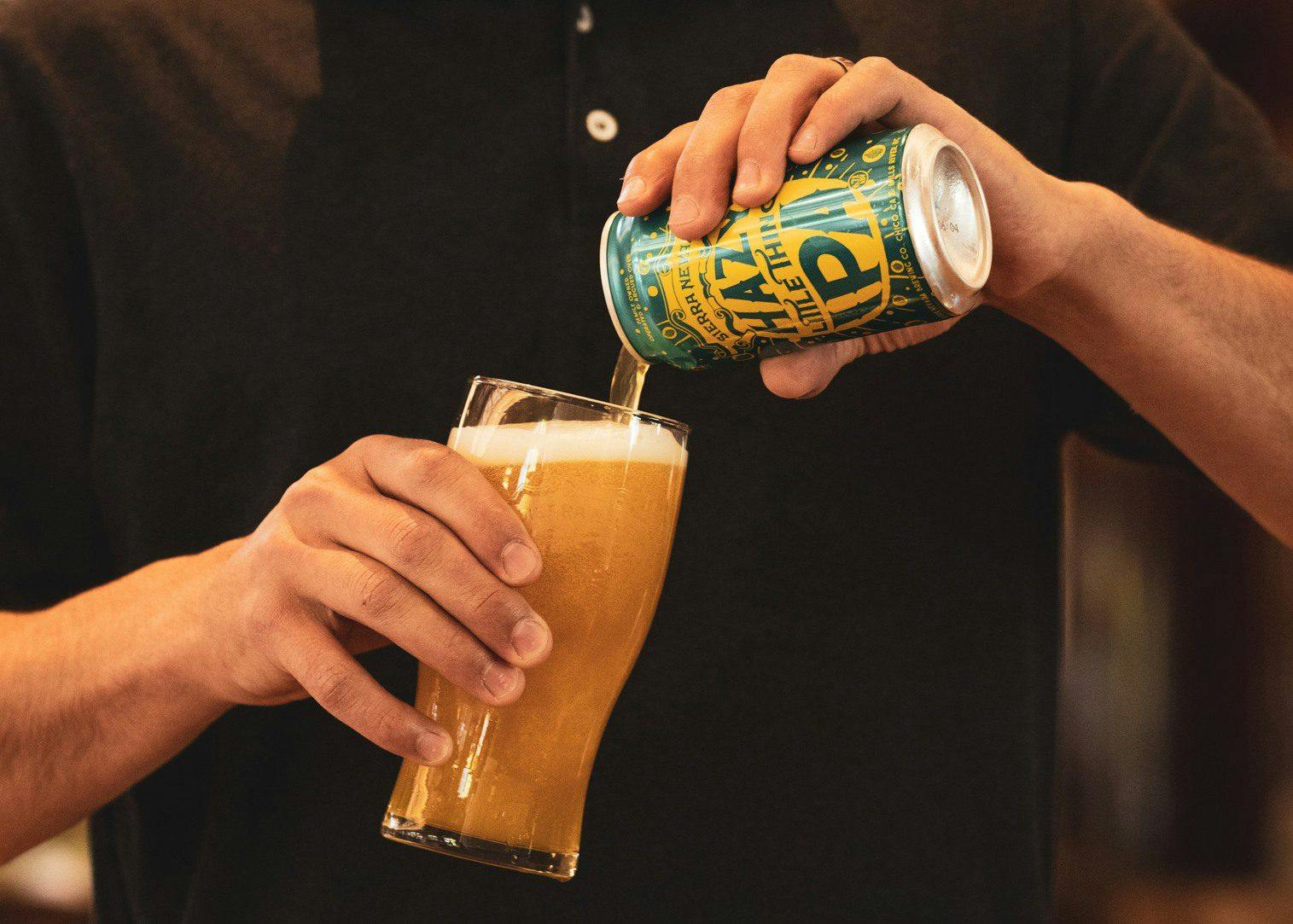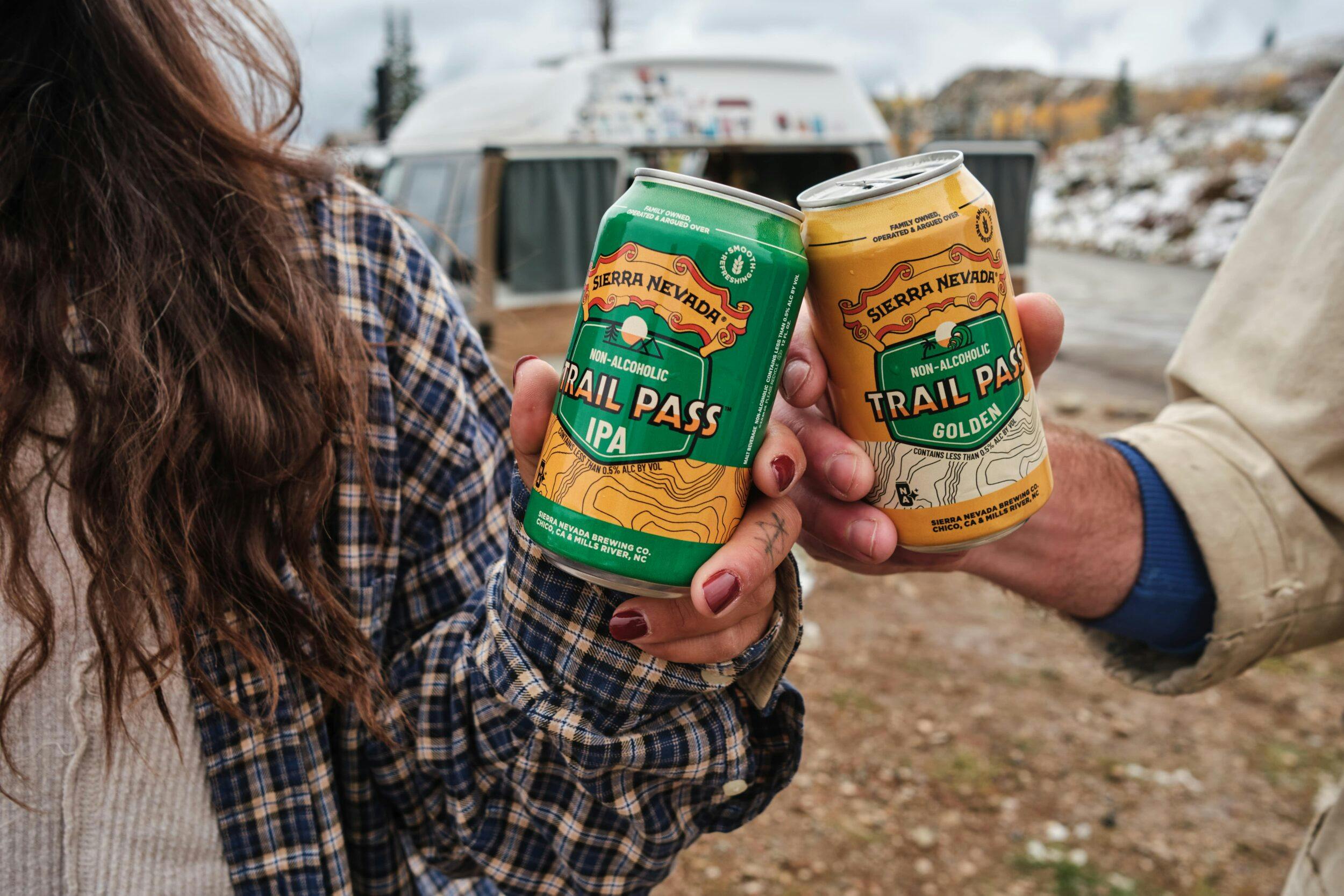HOT. ROT. Sounds sexy, doesn’t it? No? Well, how about 99.8% of trash diverted from landfill and heaps of it being composted and put to good use? We just celebrated the four-year milestone of super-composting in Chico with our HotRot system. We say “super-composting” because what can take Mother Nature nine months to break down, that baby can plow through in a mere 10 days.
Our founder Ken Grossman certainly doesn’t shy away from bucking convention and it was this forward thinking that brought the HotRot here. Tired of seeing the amount of waste that was going to a landfill, Ken brought in a HotRot from New Zealand, and it remains the only one stateside as far as we know.

The HotRot, with the help of bacteria, breaks down all the stuff we throw in, not unlike your stomach after a good meal. And since composting is an aerobic process—it needs air to work—the HotRot puts things into warp speed by providing air injections. We also throw in some wood chips for good measure. Add heat and you have a mighty tempting treat (as unappealing as it may sound to you) for organisms to chomp through that much quicker.
The HotRot’s impact has been astonishing. Since September 2010, we’ve composted more than 2,310,840 pounds of waste, generating 3,700 cubic yards of usable compost. That’s 1,360 full-size male grizzlies (so perhaps 2,000 Bigfoots? Bigfeet?).
Because we have plenty of estate agriculture—hops, barley, and a produce garden for our Taproom—that translates into a lot of highly nourishing food to enrich the soil. Our Sustainability Manager, Cheri Chastain, has a sophisticated way of putting it, “closing the loop,” but it’s always fun just to imagine this music. These efforts went a long way toward helping us achieve Zero Waste Platinum Certification status last year.
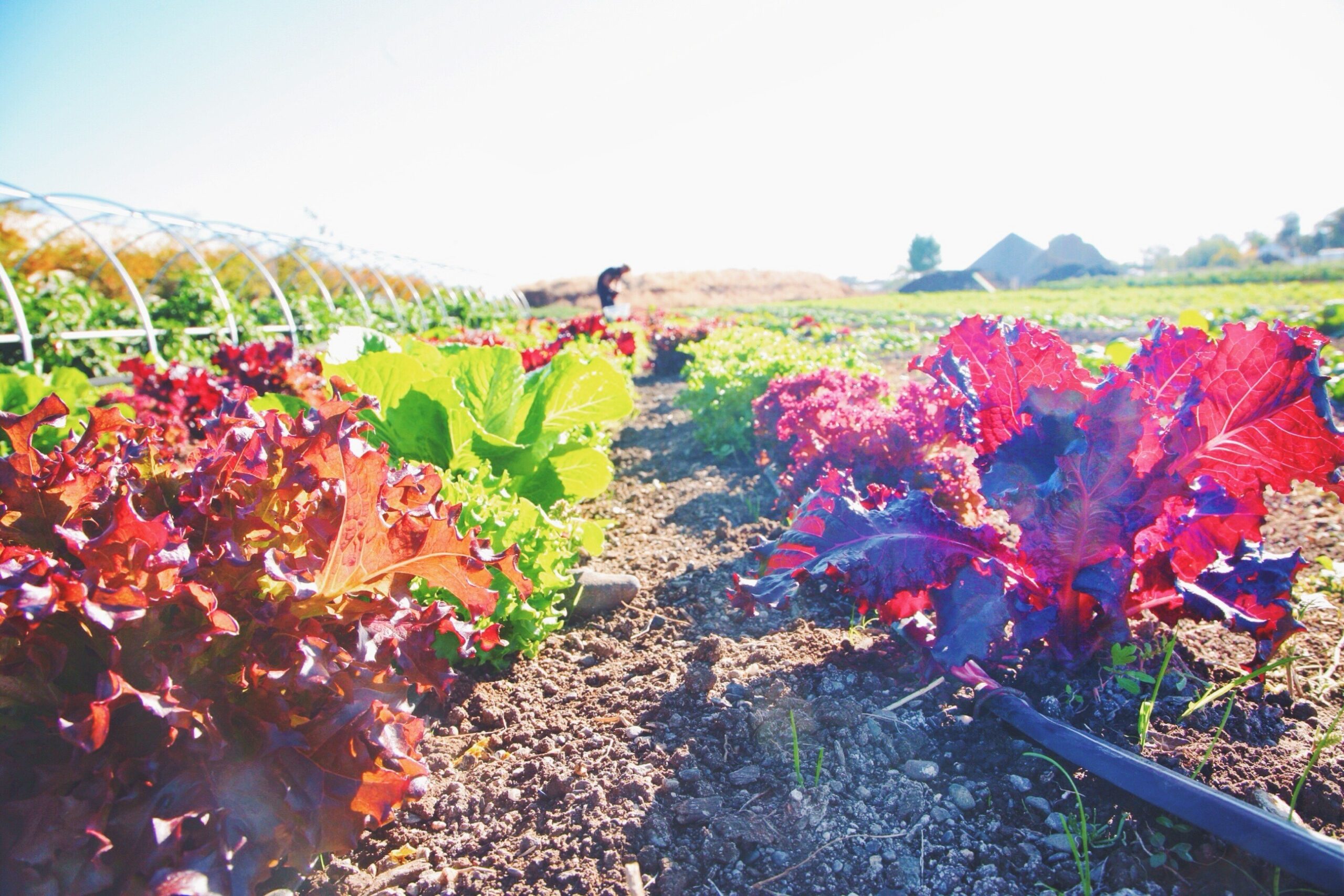
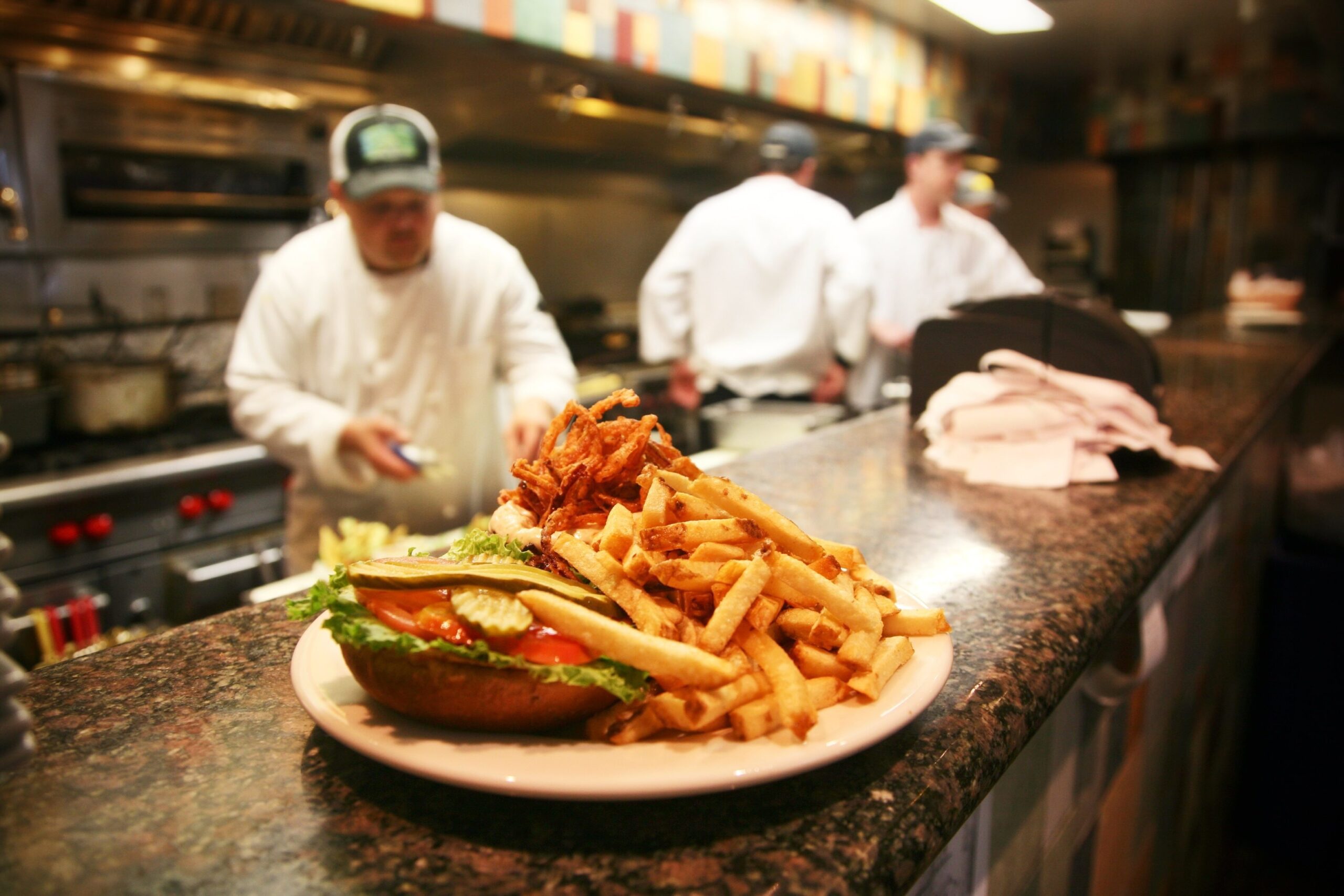
Brewing is a resource- and energy-intensive process, and we’ve always strived to curb our impact as best we can. Over the years we’ve taken sustainability leaps in Chico that have paid off and we put those lessons learned to work at our new brewery in Mills River, North Carolina. In some cases we took them a little further. For example, the Mills River brewery features a spread of solar panels, but we also felt it was right to re-use resources like the trees we had to remove or the rainwater that pours from the roof. In fact, we’re aiming for LEED (Leadership in Energy & Environmental Design) certification which is a long process, but one we’re excited to undertake. We’ll keep you updated along the way.
The next time you’re chowing down on a burger in the Taproom or sipping on an Estate Ale, know that the tomato in your burger and the hops in your beer had homegrown, sustainable origins. And, if you just can’t clear you plate, don’t sweat it: the scraps have a home in the HotRot. In no time, they’ll be on their second life—third, fourth?—helping to grow our next entrée.

